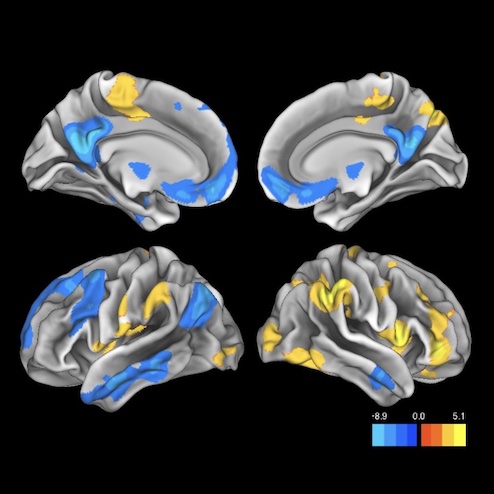Featured Projects

Academic Planner Usability Study
Quantitative & Qualitative Survey / Interview

Non-profit Dog Rescue Outcomes
Data Analysis & Visualization
Selected Academic Research
We constantly form impressions of others based on available information, such as social categories from physical cues (e.g., attractiveness, race, age). Regardless of accuracy, the use of social categories is essential for social cognition because it is efficient and is often the only type of information we have. However, we can make increasingly individuated impressions if we have access to personal information (e.g., specific behaviors, preferences).
For example, when meeting someone for the first time we have assumptions about them insofar as we can determine what social groups they belong to based on their appearance. In contrast, within our social networks we can form impressions and evaluations based on individuating information. If you have a conversation with a stranger, they may reveal personal information that you would not have assumed from their appearance.
My overarching research program explores how we evaluate others based on both perceptual cues and individuating information.

Learning about Others Varying in Race and Familiarity
Experimental / Longitudinal / Ratings / Coding

Observing Police Officer-Civilian Interactions
Experimental / Quantitative / Ratings / fMRI

Neural Correlates of Novel and Familiar Others
Experimental / Quantitative / fMRI / Survey